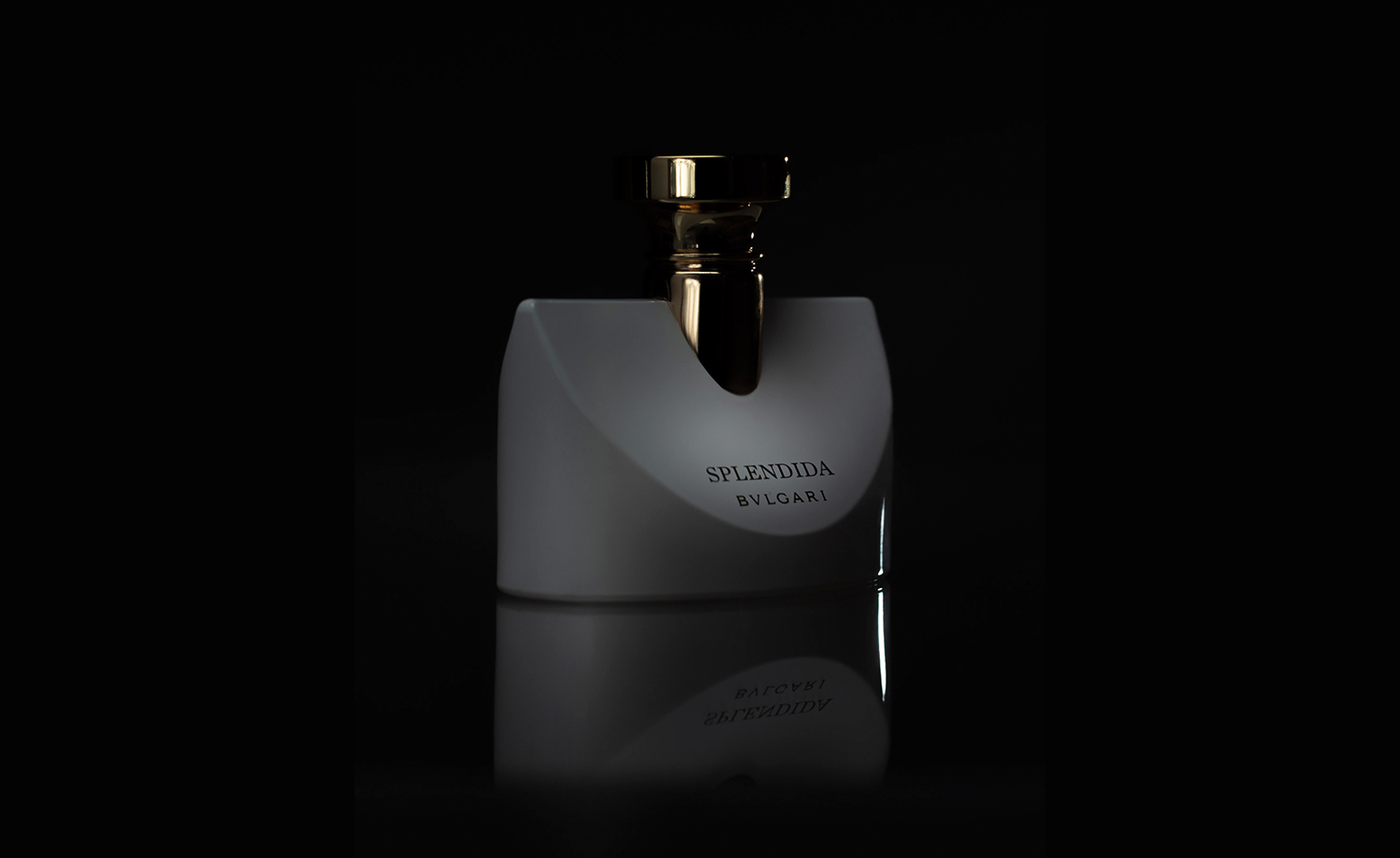Peak experience: Bulgari’s virtual reality fragrance experiment is pretty cool
The brand's latest campaign offers a glimpse into the future of digitalised fragrance experiences
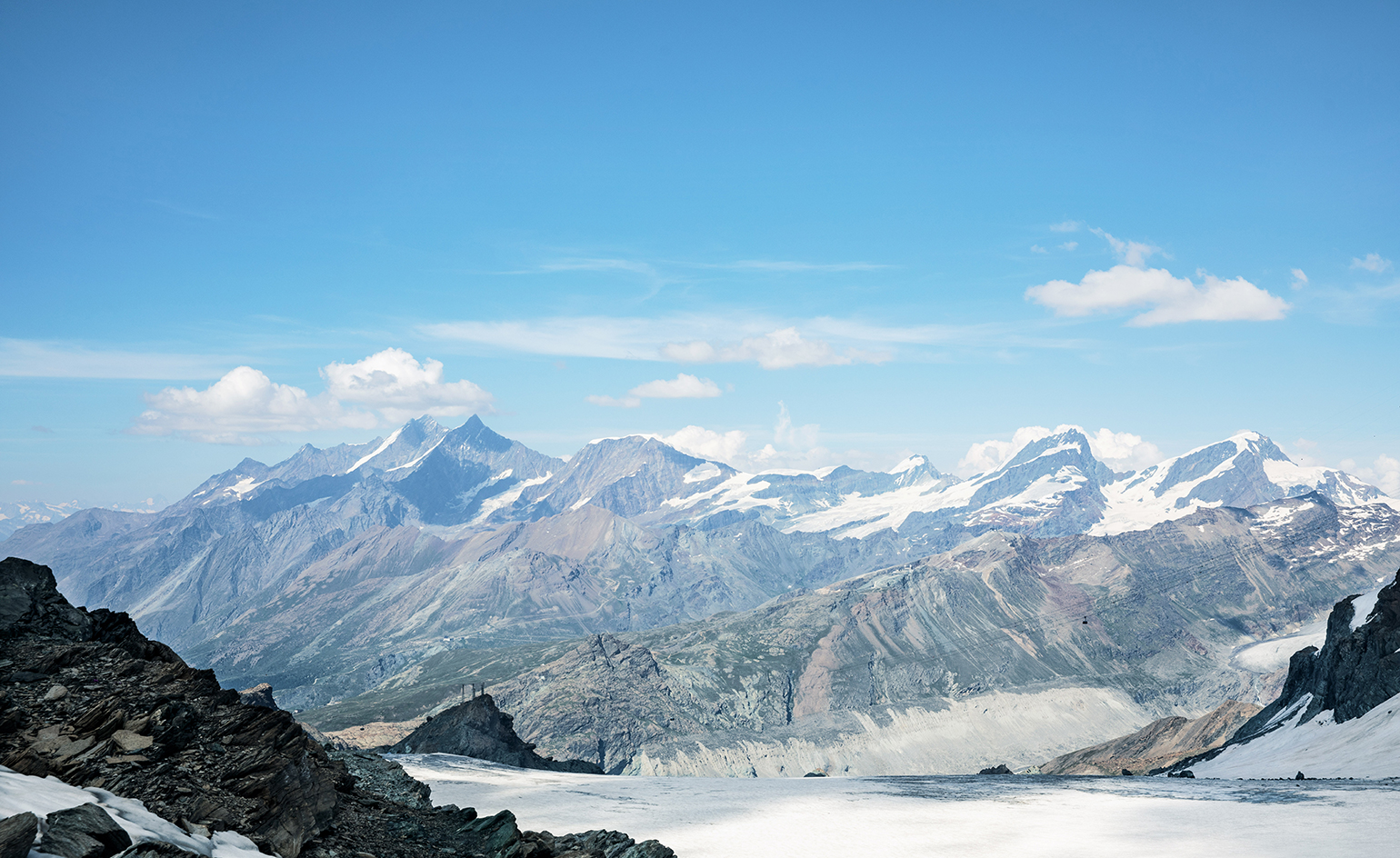
Bulgari perfumer Alberto Morillas is standing on top of an alpine glacier in an elegant suit discussing the brand’s latest fragrance launch Bulgari Man Glacial Essence.
Unlikely as it may sound, this is no dream. It’s a VR experience the brand Italian jewellery and fragrance house has created to celebrate its latest men’s fragrance, a heady scent of cederwoods and musks sharpened by piquant notes of juniper berry and ginger.
Owners of the Oculus VR headset can download the experience on Bulgari’s website and, within a matter of minutes, virtually transport themselves to a snowy mountain where, after a treacherous climb up an icy peak, they can break open a glacier to discover a bottle of the Bulgari scent.
Even before in-store shopping ground to a halt, VR and AR technologies like Bulgari’s latest venture were predicted to be an increasingly popular feature of beauty products and marketing campaigns. Gadgets like personalised oral and skincare cleansers, video chat beauty consultations, or magic mirrors that allow you to test products without physically touching anything, have steadily lost their novelty over months of lockdown as people adapt to shopping for products and receiving treatments primarily from home.
Translating the intangible experience of wearing fragrance into digital mediums has required brands and retailers to become even more creative. Bulgari’s mountain-scaling VR adventure is one example of how brands can create an immersive, visual expression of a scent’s unique atmosphere, while other technologies like Puig’s Al.lice allow consumers to explore a scent’s profile without physically touching the bottle.
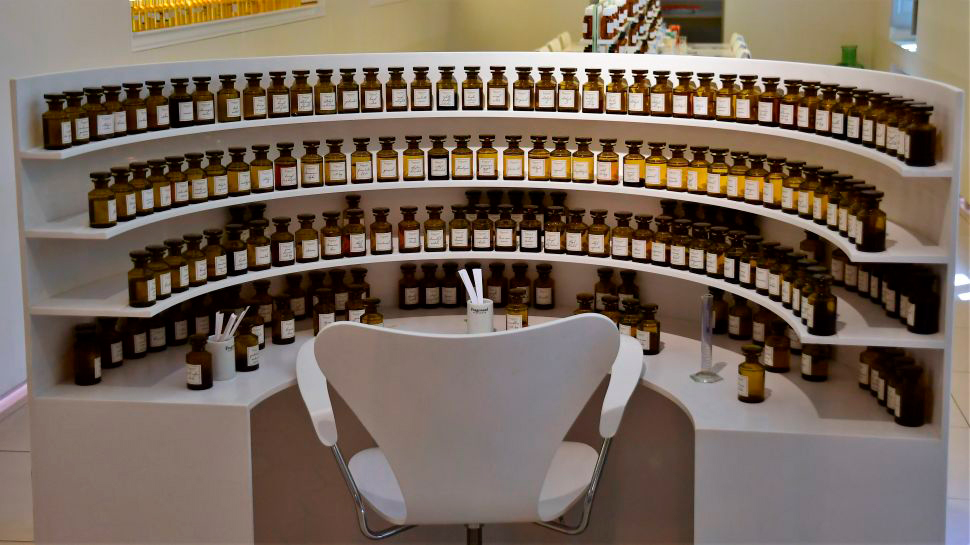
IBM's lab where new scent AI technology is being developed.
Perhaps the most innovative application of digital technology to fragrance is IBM's new AI system Philyra. Recognising the power scent has in informing our everyday experiences- from the food we eat to the people we're attracted to- IBM's Philyra uses AI to create entirely new fragrance combinations and, consequently, new sensory pathways.
In the words of IBM, Philyra 'is a system that uses new and advanced machine learning algorithms to sift through hundreds of thousands of formulas and thousands of raw materials, helping identify patterns and novel combinations.'
The next few years will no doubt see unparalleled advances in AI and VR fragrance technology. How exactly those advances will play out and how fragrance brands will continue to adapt to our increasingly digital world is yet to be seen but, in the meantime, sit on your couch and experience the bracingly fresh air of Alpine peaks.
INFORMATION
bulgari-vr.com
Receive our daily digest of inspiration, escapism and design stories from around the world direct to your inbox.
Mary Cleary is a writer based in London and New York. Previously beauty & grooming editor at Wallpaper*, she is now a contributing editor, alongside writing for various publications on all aspects of culture.
-
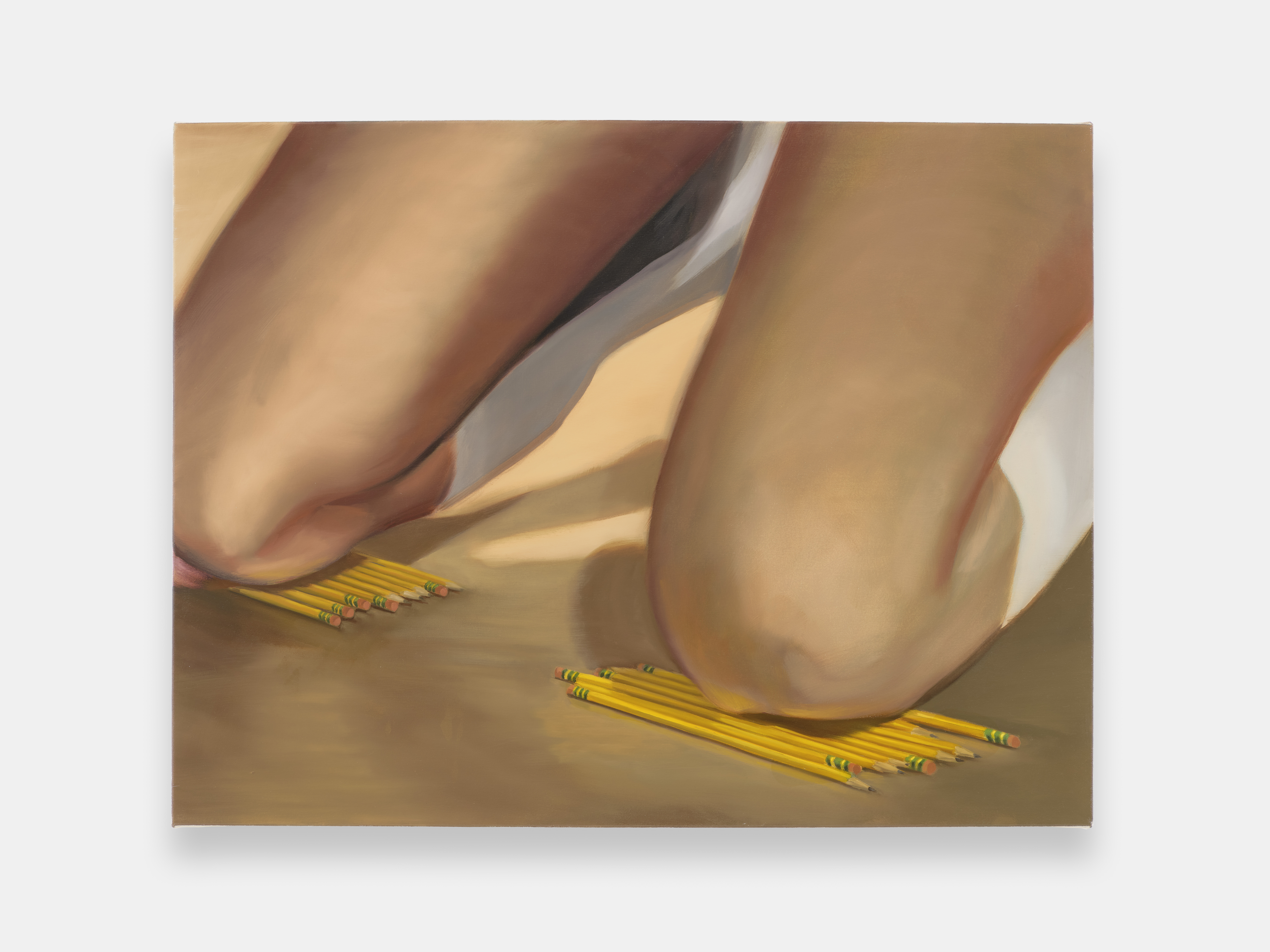 ‘I want to bring anxiety to the surface': Shannon Cartier Lucy on her unsettling works
‘I want to bring anxiety to the surface': Shannon Cartier Lucy on her unsettling worksIn an exhibition at Soft Opening, London, Shannon Cartier Lucy revisits childhood memories
-
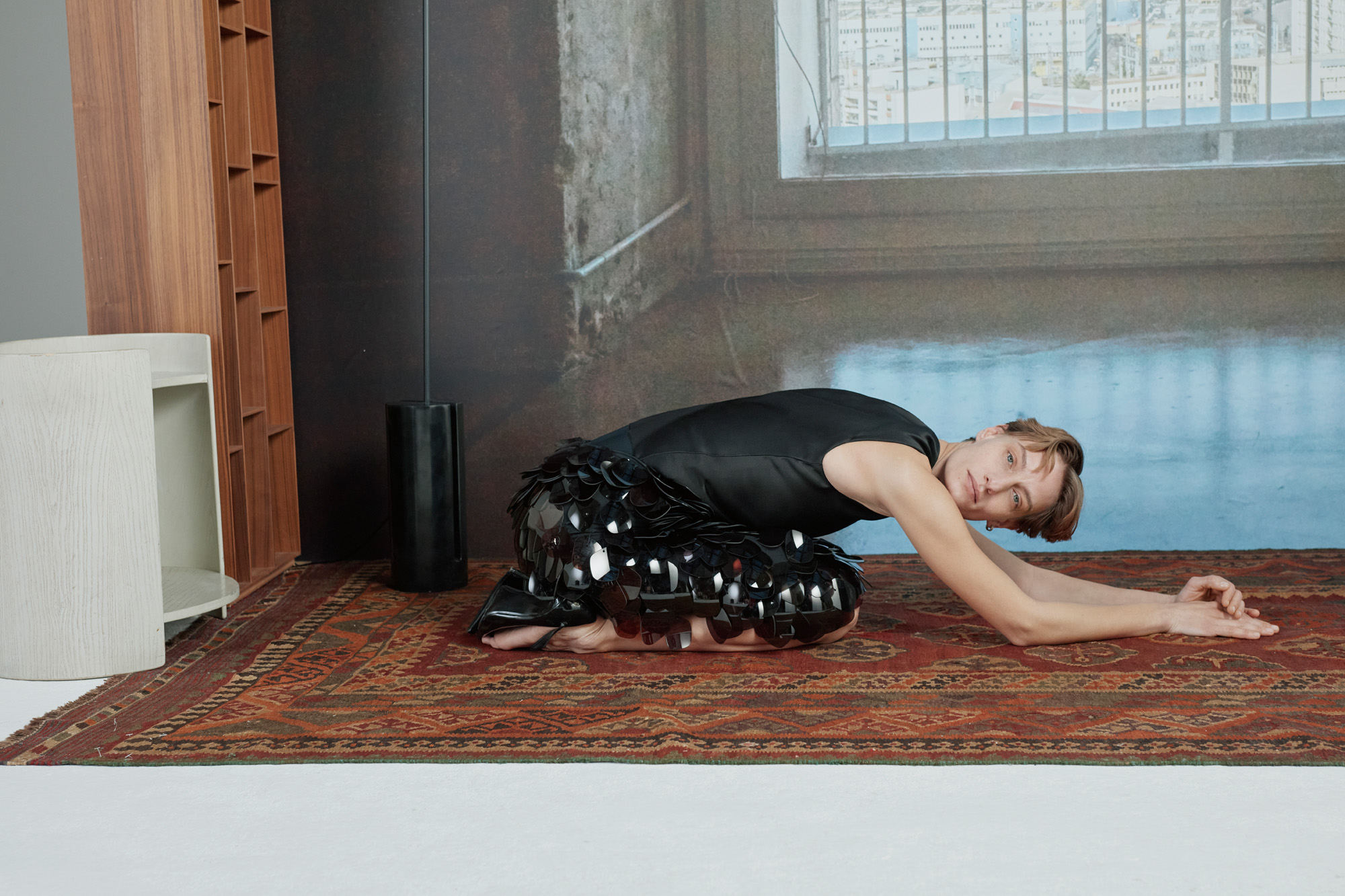 What one writer learnt in 2025 through exploring the ‘intimate, familiar’ wardrobes of ten friends
What one writer learnt in 2025 through exploring the ‘intimate, familiar’ wardrobes of ten friendsInspired by artist Sophie Calle, Colleen Kelsey’s ‘Wearing It Out’ sees the writer ask ten friends to tell the stories behind their most precious garments – from a wedding dress ordered on a whim to a pair of Prada Mary Janes
-
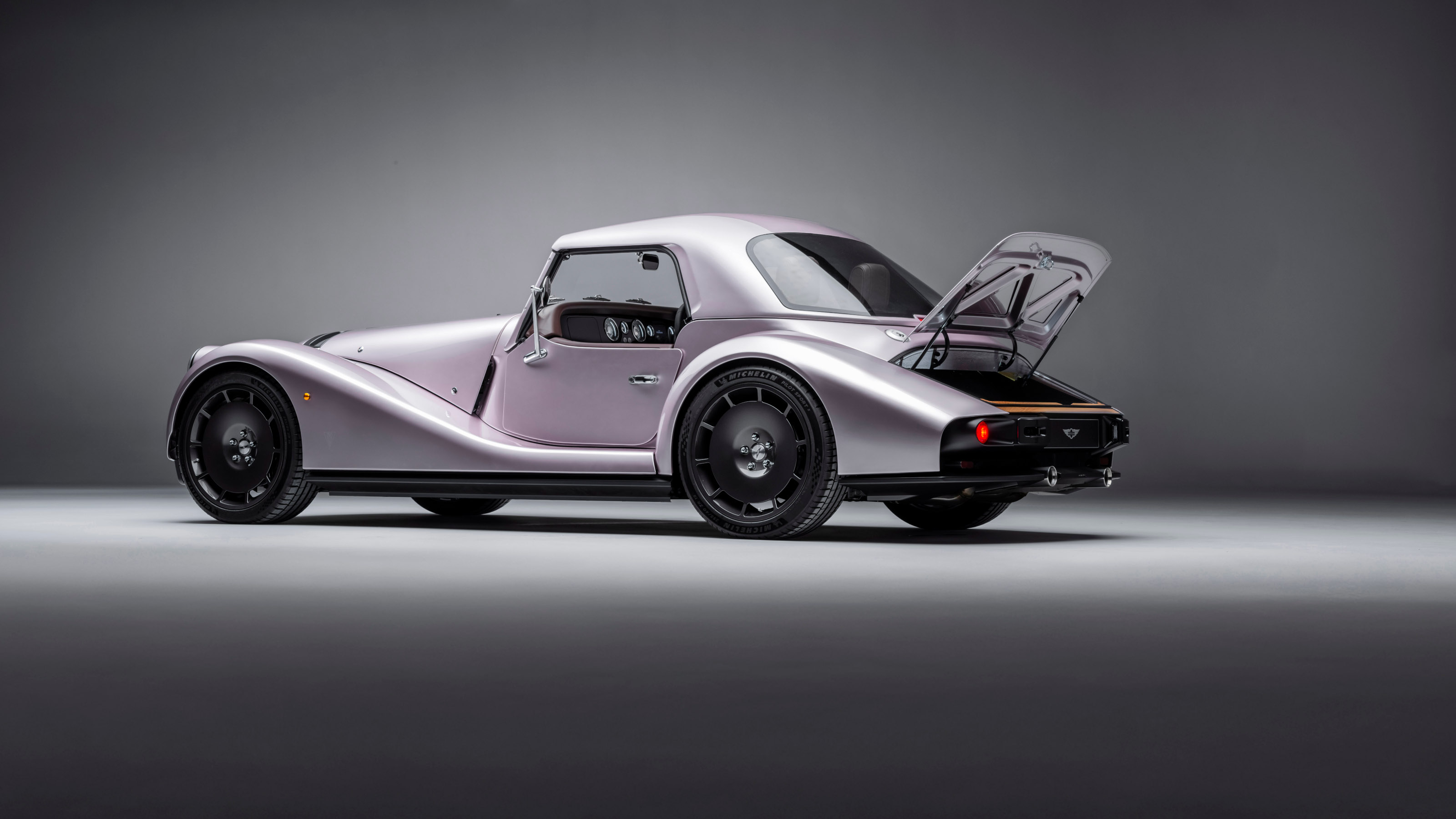 Year in review: 2025’s top ten cars chosen by transport editor Jonathan Bell
Year in review: 2025’s top ten cars chosen by transport editor Jonathan BellWhat were our chosen conveyances in 2025? These ten cars impressed, either through their look and feel, style, sophistication or all-round practicality
